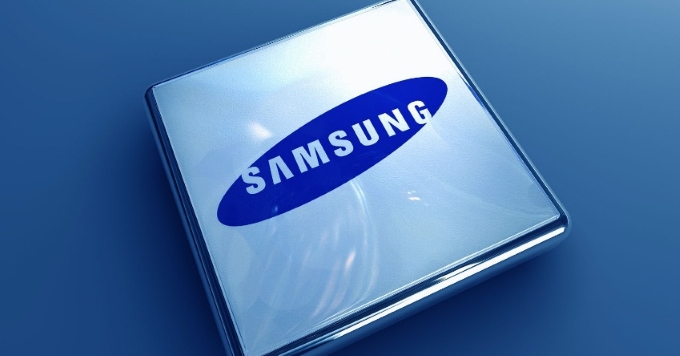Samsung might be about to change how its foundries produce chips. According to a new report, the company is working on moving from silicon to glass interposers in chip packaging, which could happen as soon as 2028. This move would significantly shift from traditional silicon-based interposers to glass-based alternatives in 2.5D chip packaging, an important technology for high-performance AI semiconductors.
According to ETNews (via Wccftech), this is the first time a date has been reported for the new glass-based substrates. These will be crucial in 2.5D chip packaging, connecting components like GPUs and HBM modules. The end result will be cheaper manufacturing for Samsung, as the cost of silicon is only going up, as well as greater accuracy in ultra-fine circuits. Industry experts indicate that glass also boasts improved performance, lower power consumption, and better electrical isolation than silicon.
Samsung's approach to this transition is particularly unique, as they are said to be focusing on producing smaller sub-100x100mm glass units. This strategy aims to accelerate prototyping and enable faster market entry.
Moving to a glass-based chip packaging also matches Samsung's plan announced at the Samsung Foundry Forum last year. Back then, the company announced a one-stop AI solution encompassing foundry, HBM, and advanced packaging as its future strategy.
Discuss on our Facebook page, HERE.
KitGuru says: Do you think other foundries will also eventually change to glass interposers?
 KitGuru KitGuru.net – Tech News | Hardware News | Hardware Reviews | IOS | Mobile | Gaming | Graphics Cards
KitGuru KitGuru.net – Tech News | Hardware News | Hardware Reviews | IOS | Mobile | Gaming | Graphics Cards



